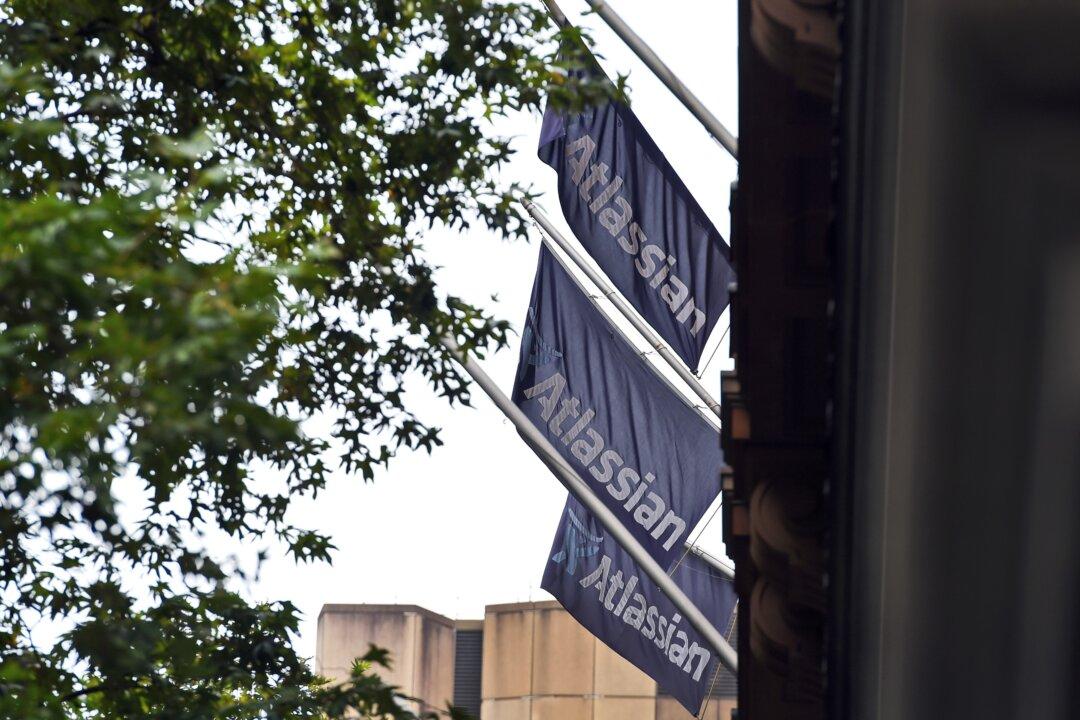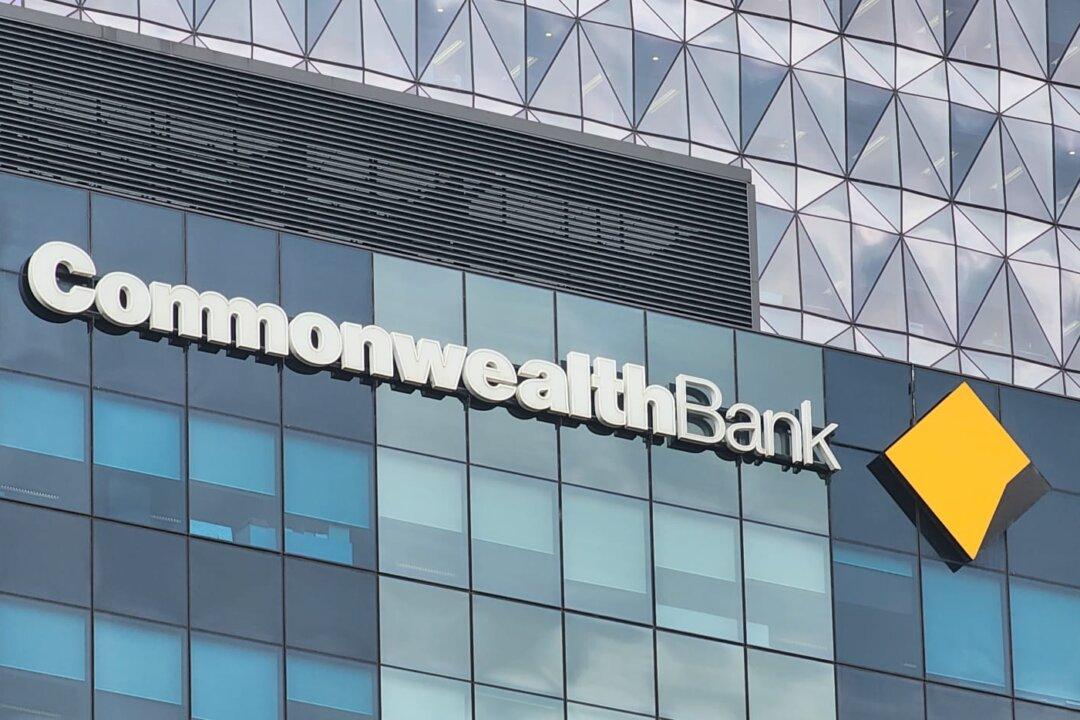Australia’s answer to Silicon Valley is scaling up, with another five tech firms moving into the multi-million-dollar Sydney precinct designed to become a hub for innovation.
But the companies, all owned by parent company Block, will not change their work-from-home policies with the headquarters expected to provide a landing pad and meeting space for employees when they need it.





